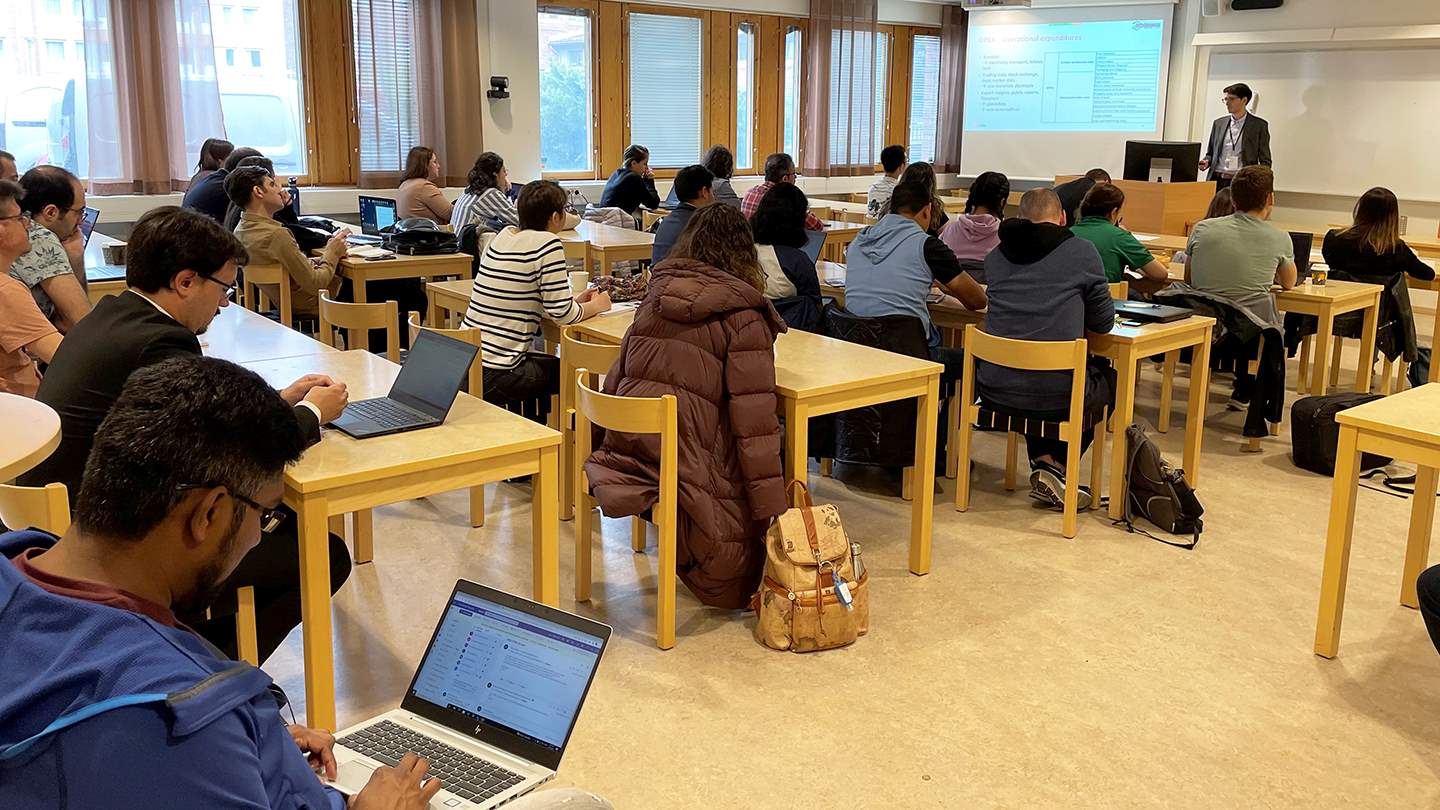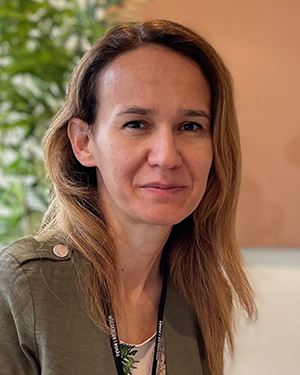International gathering of forces for knowledge transfer around resource recovery
2022-06-02

The researchers came from Europe and a few neighbouring countries.
“This is the first time that everyone has been able to meet physically. They met in different working groups based on their research topics over the course of two days. There were also similar groups for doctoral students and postdocs, in so-called ‘training schools.’” About 90 participants were on site at the University of Borås, of which 70 were researchers and 20 doctoral students. In addition to this, 140 doctoral students and postdocs participated digitally,” said Patrik Lennartsson, Associate Professor in Resource Recovery and sub-project leader.
“The core of the project is about transferring knowledge in resource recovery among countries. And above all, precisely how it can happen. It is not about carrying out research projects as such.”
Discussion platform
“The project will function as a discussion platform with a focus on holistic approaches for waste recovery and value addition and the development of new cross-border interdisciplinary and intersectoral networks. In the longer term, the network is intended to generate collaboration and projects,” Patrik Lennartsson explained.
 Derya Y. Koseglu-Imer, Assistant Professor, from Istanbul Technical University in Turkey, participated as well. “It means a lot to meet research colleagues in this way. In my workgroup, we focus on how to recycle water and nutrients, such as phosphorus, nitrogen and carbon, as well as water from wastewater. In my home country, we have major problems with phosphorus emissions, which is found in detergents, and nitrogen emissions from agriculture, which leads to eutrophication in watercourses and the sea,” she said.
Derya Y. Koseglu-Imer, Assistant Professor, from Istanbul Technical University in Turkey, participated as well. “It means a lot to meet research colleagues in this way. In my workgroup, we focus on how to recycle water and nutrients, such as phosphorus, nitrogen and carbon, as well as water from wastewater. In my home country, we have major problems with phosphorus emissions, which is found in detergents, and nitrogen emissions from agriculture, which leads to eutrophication in watercourses and the sea,” she said.
The view of waste needs to be changed, she said, explaining that waste should be seen as a resource, something that can be recycled in various forms.
“Meeting with research colleagues and doctoral students means a lot in that we discuss problems from the perspective of our respective home countries and get a glimpse of the other participants' perspectives.”
Researchers at the University of Borås have taken the initiative to apply for funding from the EU to start this network. The project started in 2021, but until now the participants have only met digitally.
The project is a COST project with a budget of 125,000 euros annually and runs for four years until 2025.
Read more
Solveig Klug, translated by Eva Medin

